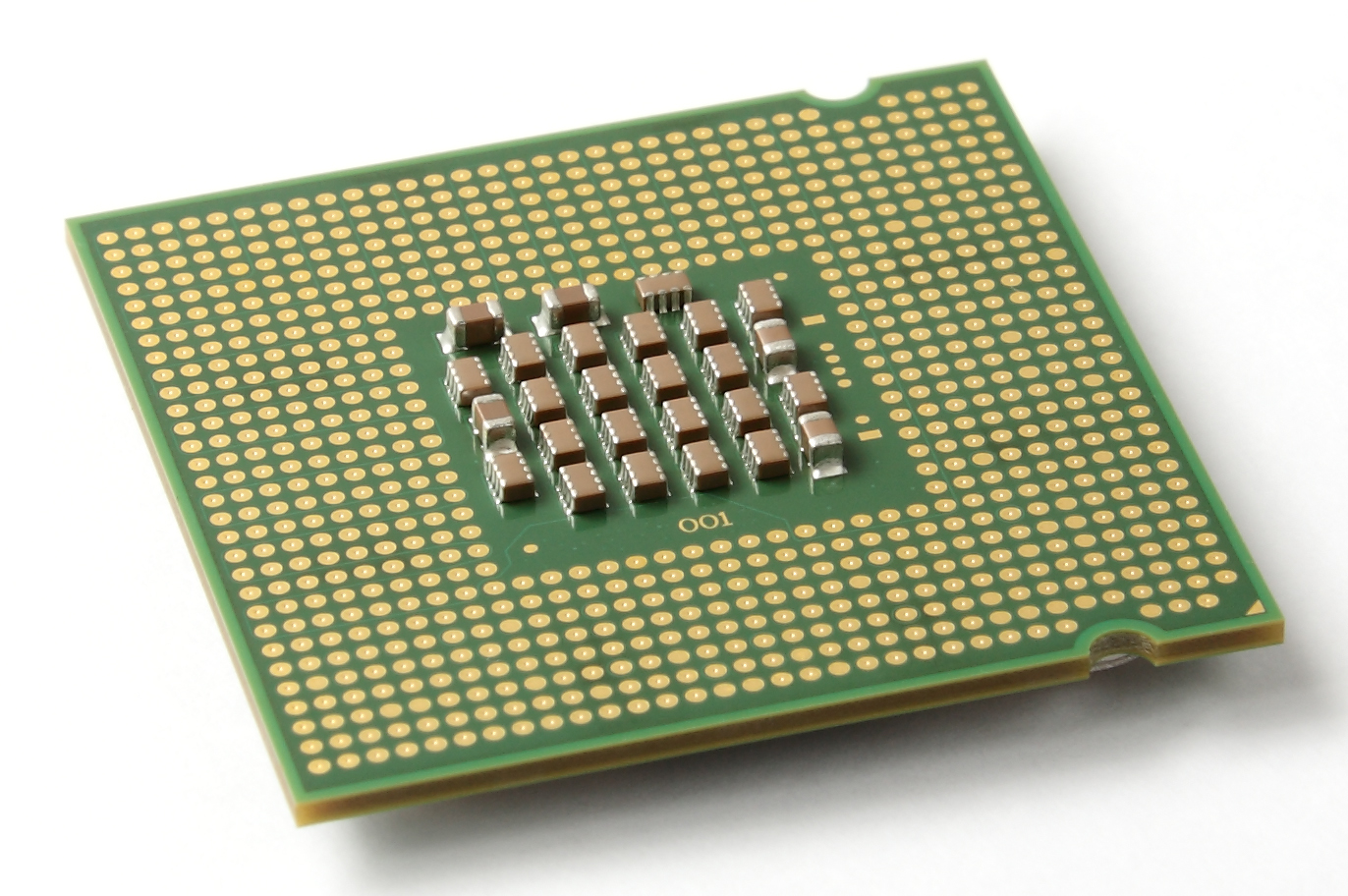week 4
2 Understand the factors that influence website performance
Security: risks eg hacking, viruses, identity theft
Security protection mechanisms: firewalls; Secure Socket Layers (SSL); adherence to standards eg strong
passwords
Let us look over the User Side Factors
download speed

The download speed is the speed in which something can copy data from the internet to a computer system. The type of service you use can all depend on the download speed, here are some services that can be used:
Dial-Up- Dial up is an old-fashioned way of computer connection. It uses the current analogue telephone line and it has continued to be a popular way of connecting for years. When it first came out it had the average speed of 56kbps.
ISDN- ISDN is formally known as Integrated Service Digital Network. This means that the ISDN is a digital network and it connects in a digital way. It is faster than the dial up at the speed of 128kpbs. It does need to be connected to a digital line for it to work.
DSL- DSL is formally known as Digital Subscriber Line, it uses the digital lines to run quicker the difference between ISDN and DSL is the speed and price. ISDN is cheaper than DSL because DSL is faster than ISDN; DSL has a speed of 1mp – 8mph.
Broadband-Broadband is the fastest with an expected speed of 100mbps (measured in bits per second) in the near future. It is the newest one and many people have broadband over the others. Broadband is constantly changed and improved too keep the speed up.
The following PC performance factors all make a chance to website performance:
Browser- Browser is the type of internet source in which you use. There are many kinds of browsers; the mainly used browsers are Safari and Google chrome. New browsers are being made all the time; there are hundreds to choose from. Different browsers work differently on different computers for example Safari will work best on Apple Mac as it is macs own created browser.
cache memory
Cache Memory-Cache Memory this is the memory in which your computer has. The bigger the memory the faster the computer will run. The cache memory is used to reduce the average time to access memory. The more memory you have the less your computer has to deal with the quicker the system can run. My advice to you to keep your computer performance up is to make sure you do regular disk clean up, defragging and a general clear out at least once a month, but it all depends on how much you use your computer system. A cache memory is a temporary internet file. When you go onto an internet page the it gets saved onto your hard drive this makes it easier for the computer to re-access it when you try to access a site. This take up mmeory and occasionally will need deleting for space.
processor speed

Processor-Processor is the main part of the computer; everything is run by the processor. When purchasing a computer you will see different types of processors and different numbers as such this number is the speed of the processor, an example would be Intel core processor i3 this is a good processor but you can get an i7 which will be faster meaning your computer performance would be excellent compared to the i3. You can have a fast internet connection but you may have a slow processor this would mean that it takes awhile for your internet to load and connect to the pages yet the internet connection is fast. Its deceiving as if you updated your processor your internet would work efficiently.
Let us look over the Server Side Factors
Web server capacity eg available bandwidth
Executions to be performed before page load,
Number of hits;
File types eg bitmap, vector, jpg, gif, wav, mp3; avi, swf
Factoid:
2 Understand the factors that influence website performance
risks eg, Let us look over Security Risks
hacking,
viruses,
identity theft
Factoid:
Governement have a specific site set up for information on web legislation and guidance
Section 508, Accessability Program
Let us look over Security protection mechanisms
firewalls;
Secure Socket Layers (SSL);
Factoid:
The information covered in this page covers the knowledge and understanding linked to the criterion in the table below.
| Links to Assessment Criteria | Description |
|---|---|
| P1 | outline the web architecture and components which enable internet and web functionality | M1 | explain the role of web architecture in website communications | D1 | explain the role of the TCP/IP protocol and how it links to application layer protocols |
| Functional Skills English | Reading, Writing, Comprhension, Problems Solving, Nouns |
| Functional Skills Maths | Compression,Reduction |
| British Values | None covered in this session. |
| Equality and Diversity |
Last Updated
2018-04-16 13:27:00
Links to Learning Outcomes |
Links to Assessment criteria |
|
|---|---|---|
English
0Maths
How 2's Coverage
00
Files that support this week
Week 3←
PrevWeek 4←
PrevWeek 5←
Prev→
Next→
Next